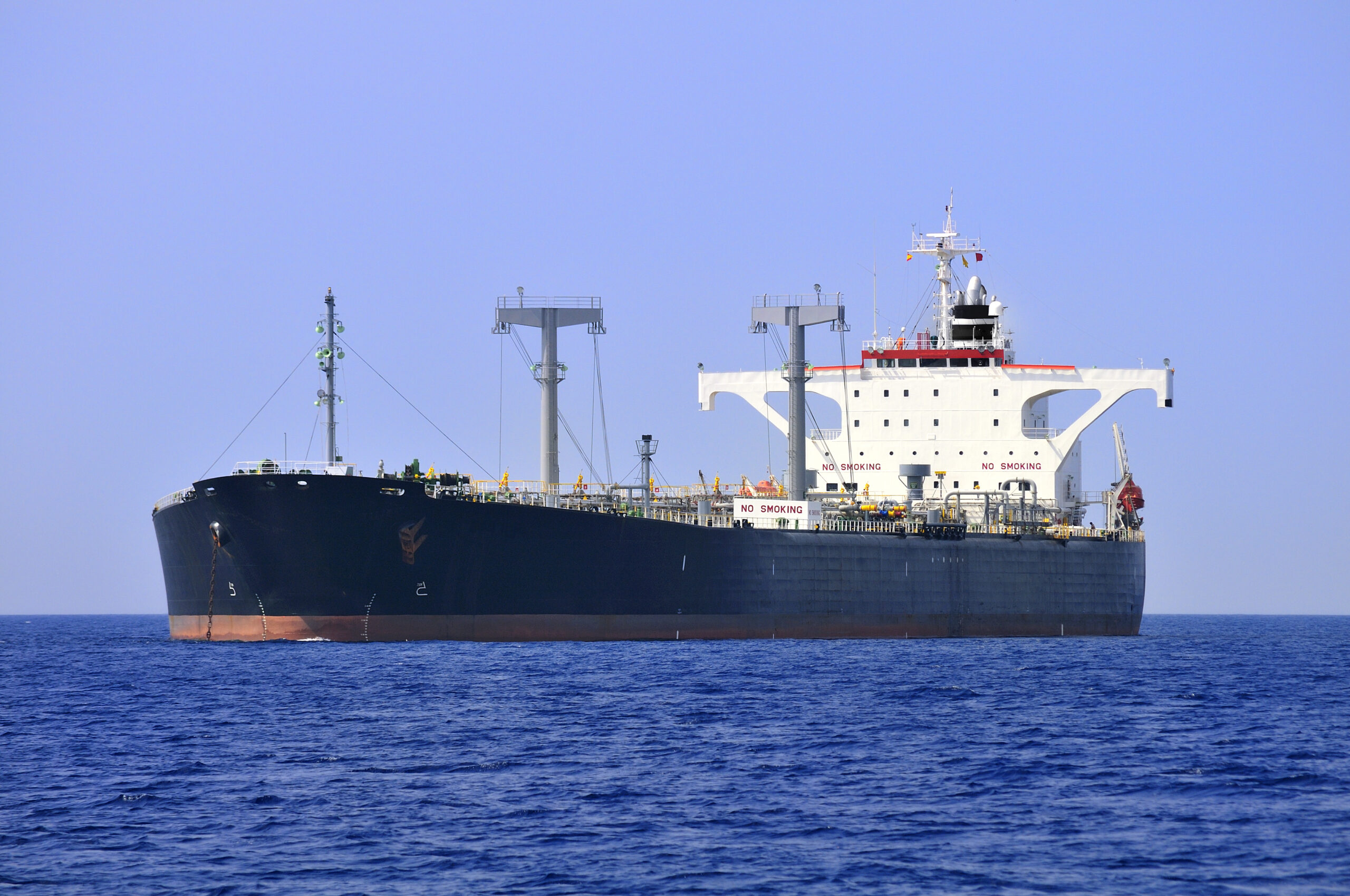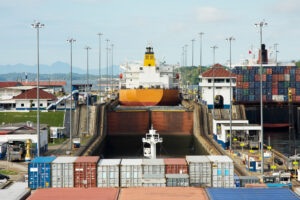Panama has barred the registration of oil tankers and bulk carriers older than 15 years to minimize the risk of detentions and prevent the entry of vessels from the so-called “ghost fleet.” This decisive action by the Panamanian ship registry aims to optimize the operational performance of its fleet.
“From now on, the registration of oil tankers and bulk carriers older than fifteen (15) years will no longer be accepted,” the registry said in its statement.
The regulation was adopted after the General Directorate of the Merchant Marine identified that 71% of fleet detentions between 2023 and the first half of 2025 corresponded to bulk carriers, general cargo vessels, and oil tankers older than 15 years.
The new policy was officially communicated through an update to MMN 11/2024, which specifies the requirements of the Precheck process that all vessels interested in registering under the Panamanian flag must meet.
According to the Panama Maritime Authority, the action responds to the analysis of data from inspections and detentions of vessels flying the national flag.
A key component of the precheck is the assessment of risks related to sanctions and vessel operations.
In addition to the age restriction, Panama has activated other mechanisms, including additional inspections every three months by the recognized organization that issues the statutory certificates, with an annual and/or periodic scope for deficient vessels.
Panama has also enacted further oversight measures such as enhanced verification of the Ship’s Safety Management System (SMS Certificate), with an initial scope and the possibility of increasing its frequency if non-conformities that could affect the Safety Management System are identified.
“As the flag state, Panama maintains ongoing monitoring of its fleet and makes adjustments to maintain its level of control and thus increase its compliance levels,” the registry added.
Earlie this year, Panama strengthened its requirements for ship-to-ship (STS) oil transfer operations involving tankers registered under its flag. The authority introduces stricter controls and mandatory traceability for offshore STS transfers of hydrocarbons.
All Panama-flagged vessels with a gross tonnage of 150 or more must notify the flag State at least 48 hours in advance of any planned STS operation, providing detailed technical, logistical, and operational information.
The mandatory notification must include key data such as identification details of participating vessels (name, flag, IMO number), coordinates and estimated time of the STS operation, type and quantity of hydrocarbons to be transferred, transfer method (underway or at anchor, contact information of the designated person ashore (DPA), and confirmation of the STS plan in accordance with regulation 41 of the MARPOL Convention.
In addition, vessels must update their STS operational plans to reflect this new notification requirement and retain onboard an electronic acknowledgment of receipt.



